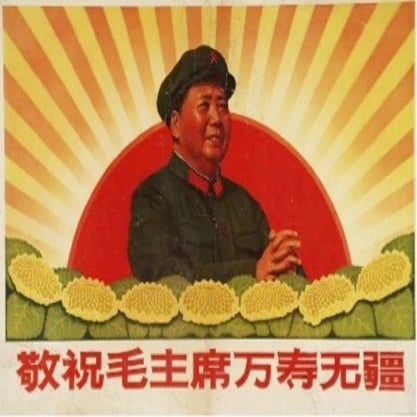Article
Verma, Nirmal (1929–2005) By Govind, Nikhil
Article
Nirmal Verma was among the most prominent and distinguished Hindi novelists, essayists, and short story writers of the second half of the 20th century. Though he was briefly enamored of the ideals of communism, he lost his faith in the mid-1950s, especially after the Soviet invasion of Hungary in 1956. He lived in Prague from 1959 to 1968, where his work at the Oriental Institute of the Czechoslovak Academy of Sciences included translating prominent Czech writers into Hindi. As a result of his work, certain Czech writers—most famously Milan Kundera (1929--)—became known to Hindi readers before achieving fame in Western Europe and the United States. Many of his later works directly thematized Indian traditions and modernism. His later sympathetic treatment of tradition, when his critics began to accuse him of leaning to the right, revealed a controversial evolution of political and literary thought. At his best, Verma was able to write so that there was only a transparent line between on the one hand the mundane and on the other hand an elusive but palpable accumulation of mood.

